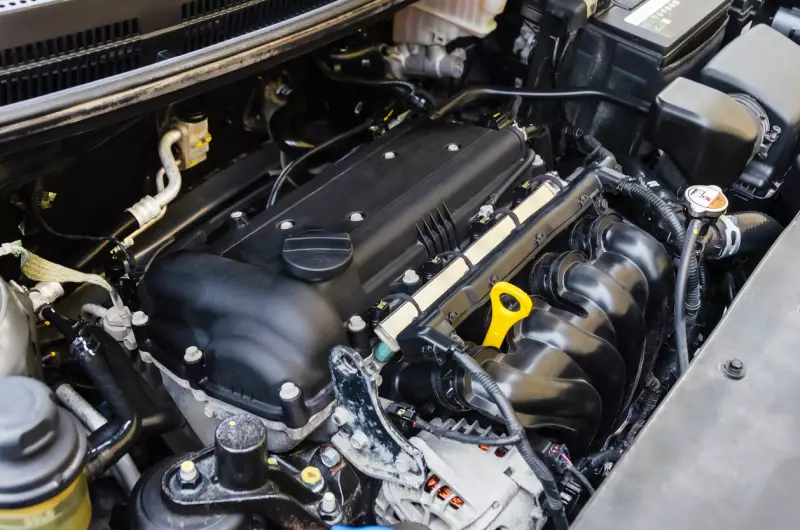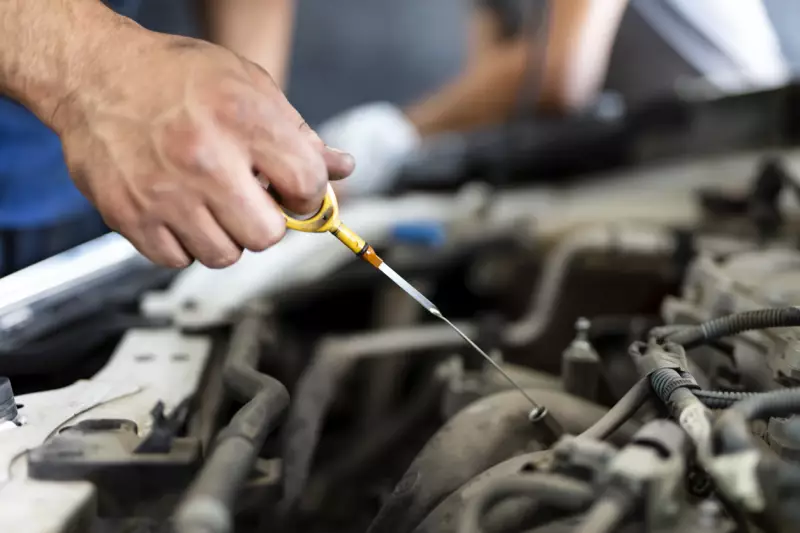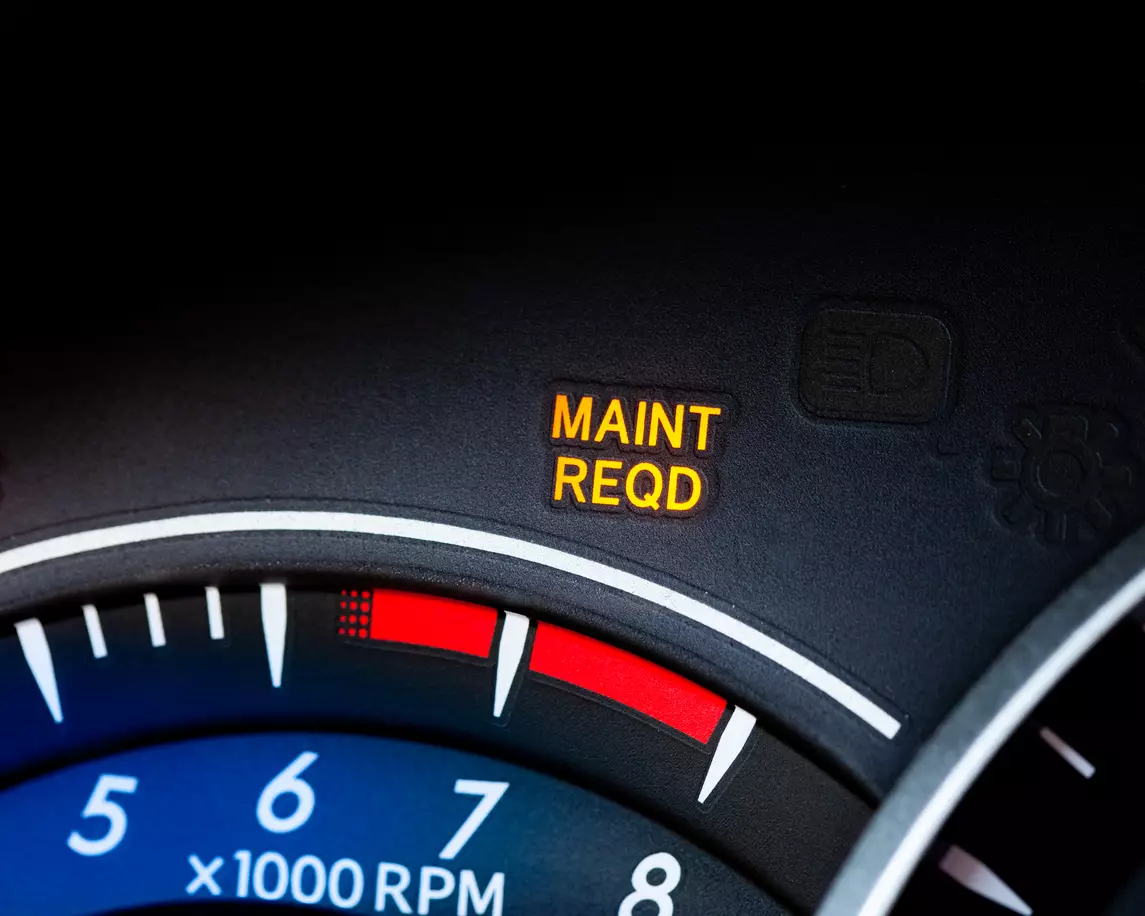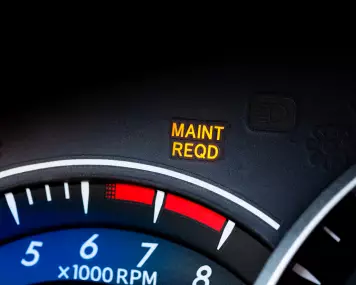The last thing one wants to feel as they put their foot down is unexpected rattling. One moment, the car is accelerating smoothly, and the next, everything feels like it's made of a bed of nails. It is unsettling and unsafe. The problem might be a minor fix in some cases, but rattling is never to be ignored. If left unchecked, it could lead to significant engine repairs or complete engine ceases.
The reasons for rattling may vary, from worn timing chains to loose heat shields. It may even be engine knocking due to low-quality fuel, but it is essential to understand the source of the sound to keep the vehicle reliable.

What Causes a Rattling Noise in the Engine
Rattling noises under the hood usually originate from damaged or worn-out parts. The sounds may start when a component is not functioning as it should. During acceleration, the parts are placed under strain to vibrate out of place, causing the rattling sound.
One common reason is low engine oil levels or dirty oil. This can interfere with the engine’s ability to lubricate the moving parts effectively. The friction from under lubrication will cause knocking or tapping, which is noticeable during acceleration.
These problems hinder vehicle performance and affect the main components, including valve trains, timing chains, and pistons. These are typically more reliant on lubrication to work well.
Low Engine Oil or Poor Oil Pressure
One of the most common reasons for rattling noises under the hood is low oil pressure. Oil is the motor's lifeblood and is designed to lubricate the countless parts. When the oil levels drop to zero or when the pump fails in pressure, critical parts are left without the lubrication needed to operate correctly. The result is increased metal-to-metal contact and alarming rattling. This may be noticed when the vehicle accelerates because the engine is under strain.
One must check their oil levels regularly. This is quick and easy, considering the dipstick is typically accessible, so it may prevent headaches and repair bills later. If the oil is low, top it with the recommended type from the manufacturer. Ignoring these issues is one of the best ways to turn a slight problem into a significant one.

Loose or Damaged Heat Shield
The other overlooked cause of rattling, though it is common, is a damaged heat shield. This refers to a thin layer of metal that protects the sensitive parts because of the heat levels from the exhaust. It can also prevent excess heat from the firewall or undercarriage while maintaining significant safety and comfort.
However, the shield can corrode or become damaged because of its location and exposure to heat changes, debris, and moisture. When it becomes loose, it will vibrate against the nearby parts, causing a rattling noise.
Worn Timing Chain or Belt
A worn timing chain is the other potential cause behind rattling during acceleration. It may play a significant role in synchronizing the rotation of the engine camshaft and crankshaft. This coordination ensures the engine valves open and close at the right times. When the timing begins to fail, though, there is a rhythm disruption, which can present in a rattling sound from the engine. Worn timing chains can quickly become a worse problem, especially since they may lead to the pistons and valves colliding.
Faulty Serpentine Belt Tensioners
Faulty belt tensioners are the other reason during acceleration. The long belt powers several vital accessories, including power steering pumps, air conditioning compressors, and water pumps. When it starts to fail, because of weakened springs or bearings, it can vibrate and slip under acceleration. The belt may even snap if the problem is severe, which can cause several engine systems to cease immediately.
Damaged Valve Train Parts
When one or more of the valve train components become misaligned or worn, they may increase metal-to-metal touching, leading to engine rattling noises. A qualified professional would have to diagnose and fix this problem. If caught early, the parts can be adjusted and replaced without significant repair work.
Snap Knock (detonation)
This happens when the fuel in the engine cylinder ignites prematurely and unevenly. The resulting shockwaves cause a rattling noise. Another potential cause is a malfunctioning knock sensor due to poor fuel quality. If you suspect a spark knock, consult a mechanic on the best way forward.
Is it Safe to Drive a Car That's Making a Rattling Noise?
The answer to this question depends, especially on what is causing the rattling. Minor problems like loose heat shields or low engine oil are not an urgent threat. However, persistent rattling can indicate deeper issues like detonation, poor oil pressure, worn timing chains, or defective valve trains. Operating a vehicle in this manner could lead to sudden breakdowns or even disastrous engine failure. It would be wise to check with the mechanic immediately when one hears rattling to ensure the problem is solved regardless of the danger level.




















